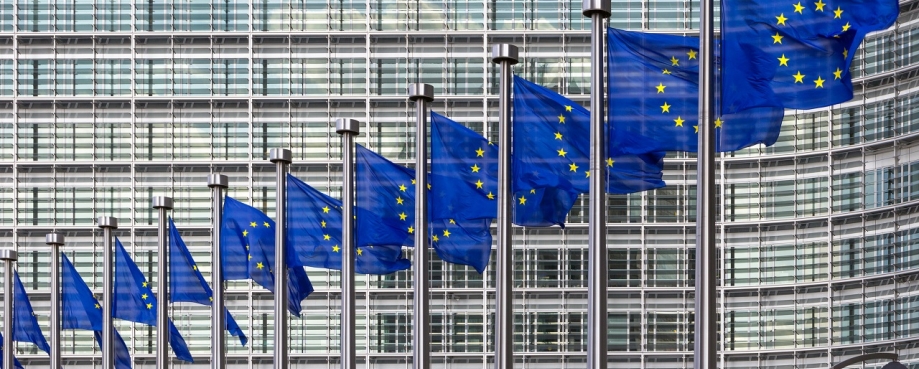
In a new open letter from our Executive Director, Peter McAllister, ETI is calling on Members of the European Parliament to vote in favour of the latest compromise for the Corporate Sustainability Due Diligence Directive, proposed by the Legal Affairs Committee (JURI), on 1 June.
We urge business and other stakeholders to contact their MEPs directly asking them to do the same. Find our open letter in full below.
An open letter from our Executive Director, Peter McAllister:
Dear Members of the European Parliament,
The Corporate Sustainability Due Diligence Directive (CSDDD) is the EU’s flagship regulation on risk management in global supply chains under the European Green Deal. It is not only the transformational step forward needed by people and planet; it is also the support business has been calling for.
We urge you to vote in favour of the latest compromise for the CSDDD by the Legal Affairs Committee (JURI), on 1 June.
The Ethical Trading Initiative (ETI) is a leading alliance of over 120 companies, trade unions, and NGOs that promotes respect for human rights in global supply chains. Our members include several of the EU’s largest companies in the apparel and food retail industries, and other industries such as cosmetics.
For 25 years, ETI has supported companies with the practical implementation of human rights due diligence. This experience has demonstrated that investing in people and sustainable business practices is key to building resilient supply chains able to withstand the challenges of an increasingly volatile world. Business understands the necessity of these sustainable practices and needs the level playing field and legislative framework that would facilitate this progress.
We recognise the complexity of developing such a wide-reaching piece of legislation, that has the potential to influence actors across the globe. Whilst the JURI position does not fully meet ETI’s ambitions for this legislation (as outlined in our recommendations), it goes a long way towards better alignment with the international standards responsible companies have built their human rights due diligence approaches around: the UN Guiding Principles on Business and Human Rights (UNGPs) and OECD guidelines.
The JURI text addresses several of the points made in ETI’s recommendations. We welcome:
- The strengthening of meaningful stakeholder engagement as part of the due diligence process.
- The strengthening of shared responsibility for human rights along value chains.
- The holistic risk-based approach to due diligence, which better captures downstream impacts on human rights.
- The widened scope of companies to which the legislation applies and the strengthened applicability to the financial sector.
ETI also recognises the importance of keeping the CSDDD moving within a reasonable timeline. A successful vote on 1 June is vital to the delivery of a level playing field and harmonised approach across Member States.
In the interest of people, planet, and building upon the leading role of European business in global trade, we ask Members of the European Parliament to support the JURI position.
We thank you for your attention on this important matter.
Yours sincerely,
